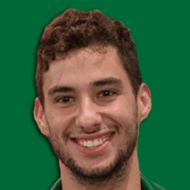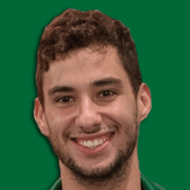President of the Brazilian Olympics Ethics Commission Alberto Murray’s Fight For Justice In Sport
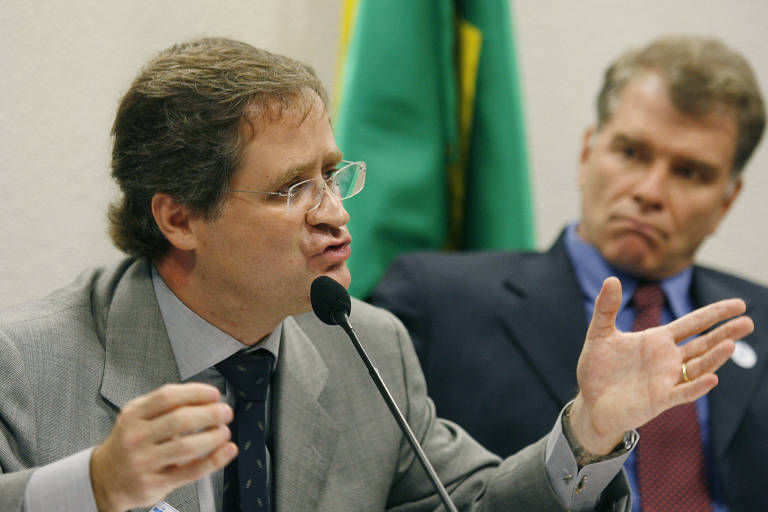
President of the Brazilian Olympics Ethics Commission Alberto Murray’s Fight For Justice In Sport
Alberto Murray is the President of the Brazilian Olympics Ethics Commission. When the Brazilian Olympics Committee faced an internal crisis after the Rio 2016 Olympic Games, Alberto Murray had a suggestion. That suggestion was to create a council dedicated to ethics in Brazilian sport. Soon, Alberto Murray was elected the first President! Now, Alberto Murray dedicates time and effort in his role to improve transparency and governance of the operation of sport in Brazil. The organization’s purpose is to correct past mistakes and ensure that the Brazilians can flourish in international competition, with particular attention to doing so in an honest and transparent system, free of scandal. Alberto Murray’s dedication and passion for sports come from his childhood, with Olympic values guiding him throughout his entire life! For my first SPort MAnagement (SPMA) Hub interview, I am thrilled to share my recent conversation with Alberto Murray below.
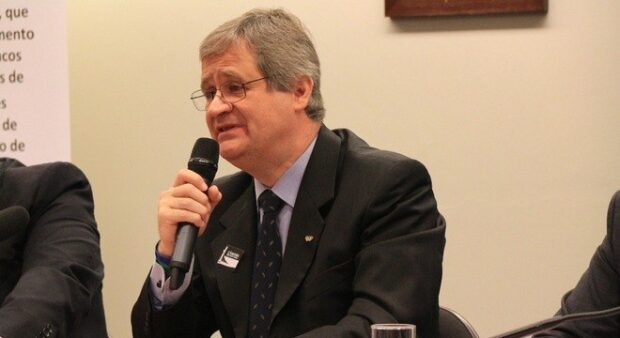
Please note: The interview with Alberto Murray was conducted via a typed conversation. Editing changes were made to make it easier to read while maintaining the voice of the interview.
Tell us about your role as the President of the Brazilian Olympics Ethics Commission.
The function is to establish the ethical parameters expected by the Brazilian Olympic Committee and its participants. These are based on the values enshrined in the Olympic Charter and the IOC Code of Ethics. The committee also judges and investigates complaints of ethical deviations with the other members of the Ethics Commission.
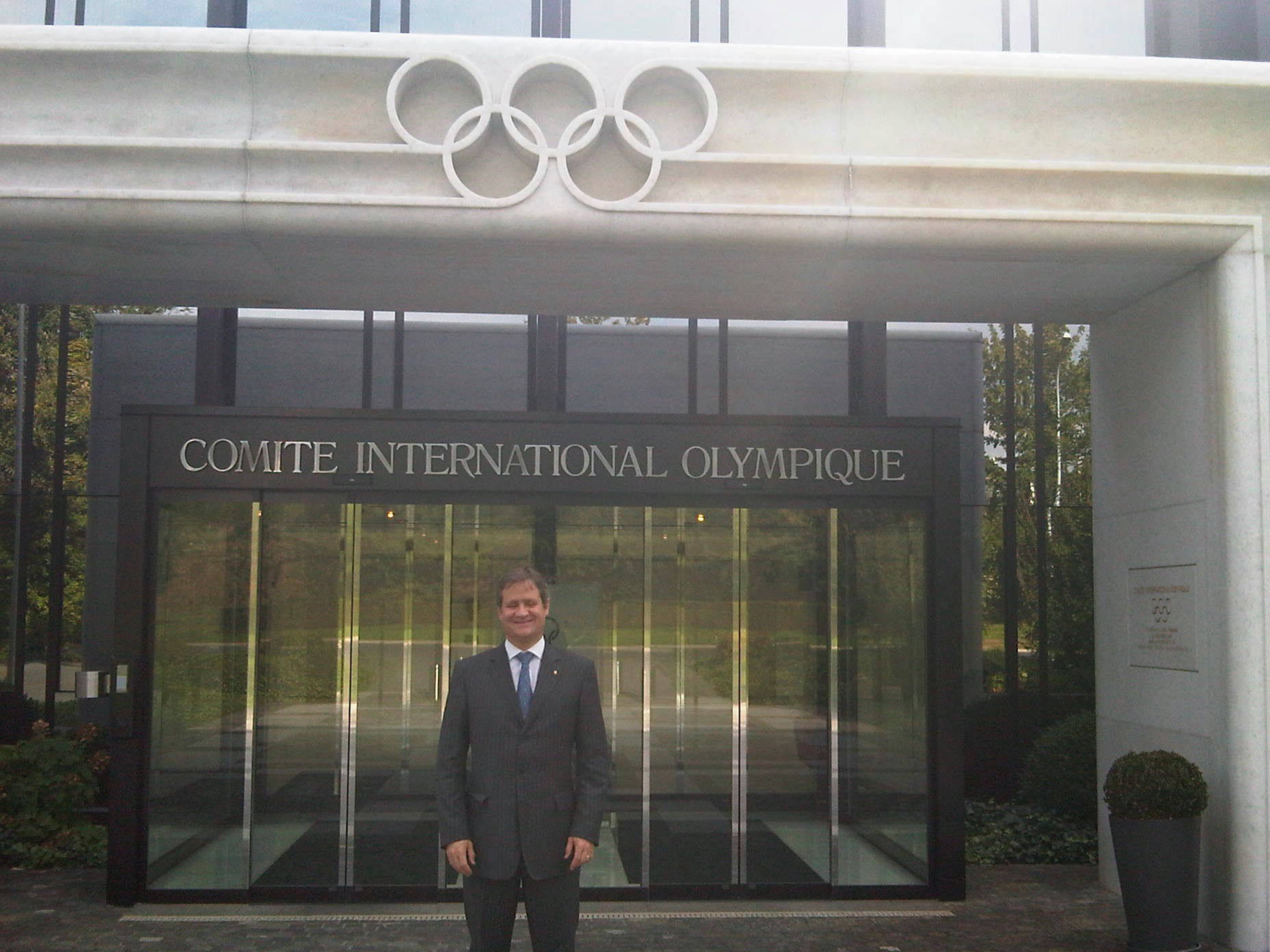
What does a typical day look like for you?
I work in my law firm [Brazilian firm called Murray Advogados], serve my clients well and am always attentive to the events of the Olympic sports. Aside from work, I also do physical exercises daily.
When was the point you realized that you were meant to do this career? Take us through that realization.
My professional activity is that of a lawyer. But I have always been involved in Olympic sports since I was a child. I was an athletics athlete. I have held various positions on the boards of Sports Federations. I have been an arbiter of the Arbitration Court for Sport and I am an arbiter of the Arbitration Court for Sport in Qatar. I studied at the International Olympic Academy in Olympia. As an athlete, I played basketball for Santo Américo School, and then I practiced athletics for Esporte Clube Pinheiros. I played state and national tournaments, university leagues.
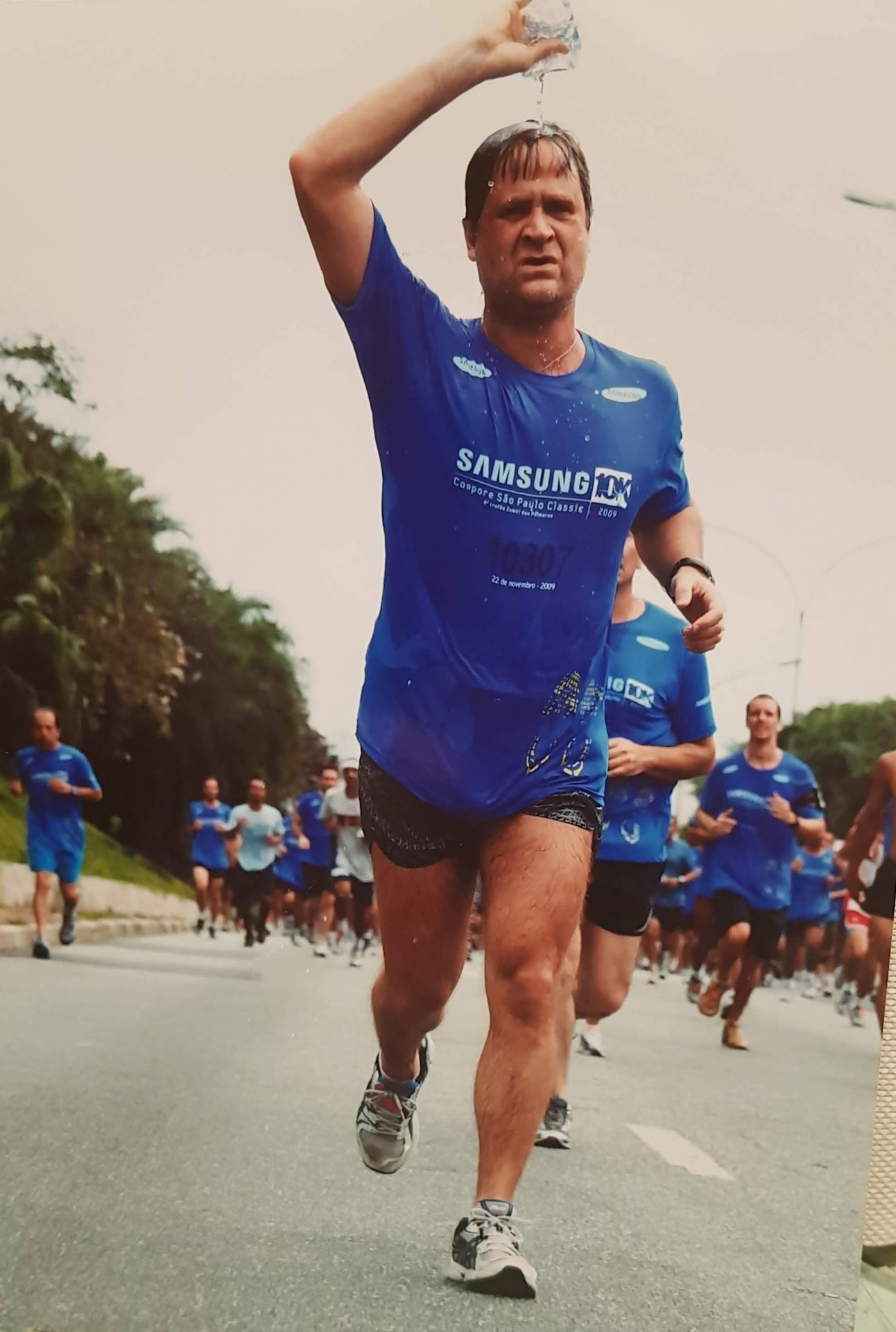
What principles do you believe are most important in ensuring that the information provided to the media is consistent with the mission and vision of the organization?
Total transparency and ethics.
What is the most impactful situation that you have had in your role to really make a difference to others?
During the preparation of the City of Rio de Janeiro for the Rio 2016 Olympic Games, I noticed numerous irregularities. I started to renounce Brazil and the world to these acts of corruption. It was a phase of significant national and international impact. Ten years later, the Federal Police arrested many people linked to the organization of the Rio 2016 Olympic Games, and it was proved that I was right in my complaints.
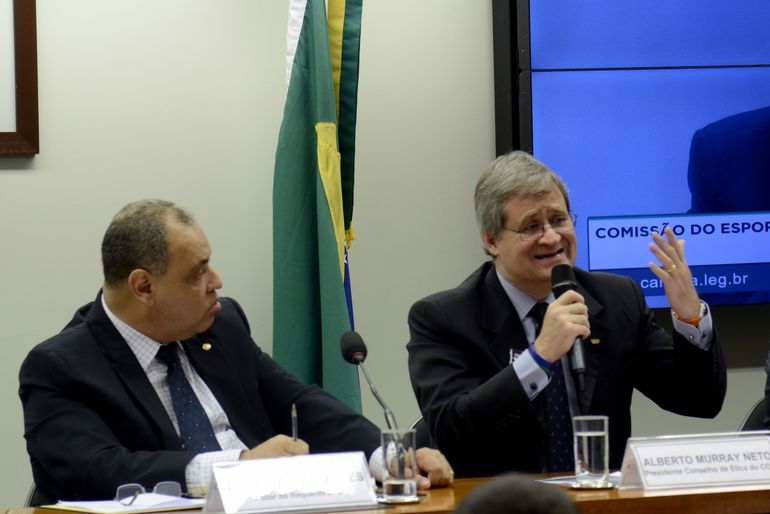
Why did you choose to work on the non-profit side of sport as opposed to others?
Olympism is a philosophy of life in which peace between peoples is promoted through the practice of the sport. Sport is a way of life, education and a severe public health issue. Helping to promote the sport is to contribute to a more humane world. That is the reward.
What is the greatest reward that you have experienced working in the non-profit sector?
Olympism is a philosophy of life in which peace between peoples is promoted through the practice of the sport. Sport is a way of life, education and a severe public health issue. Helping to promote the sport is to contribute to a more humane world. That is the reward.

Some of my Brazilian references are my grandfather Sylvio de Magalhães Padilha, who died in 2002 (www.sylviodemagalhaespadilha.com.br), the Olympic medalist sailor Lars Grael, the Olympic medalist Yane Marques and her coach Alexandre França. The judo Olympic medalist athlete, Tiago Camilo, is also an extraordinary person.
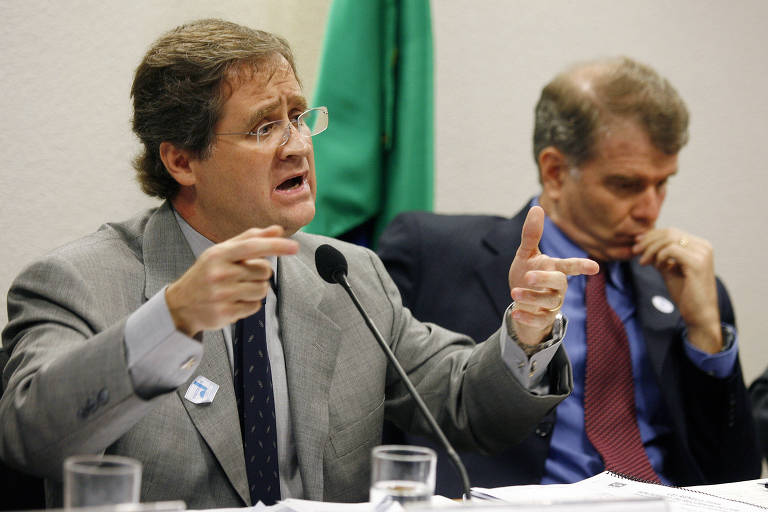
1 Chariots Of Fire
The film Chariots of Fire shows the sense of the true Olympic spirit. The music in the film Chariots of Fire by Vangelis is also extraordinary.
2 Icarus
The Oscar-winning documentary on doping, Icarus, is also very enlightening to show the danger of doping.
Henrique's Final Thoughts
Interview by Henrique Garrigós

